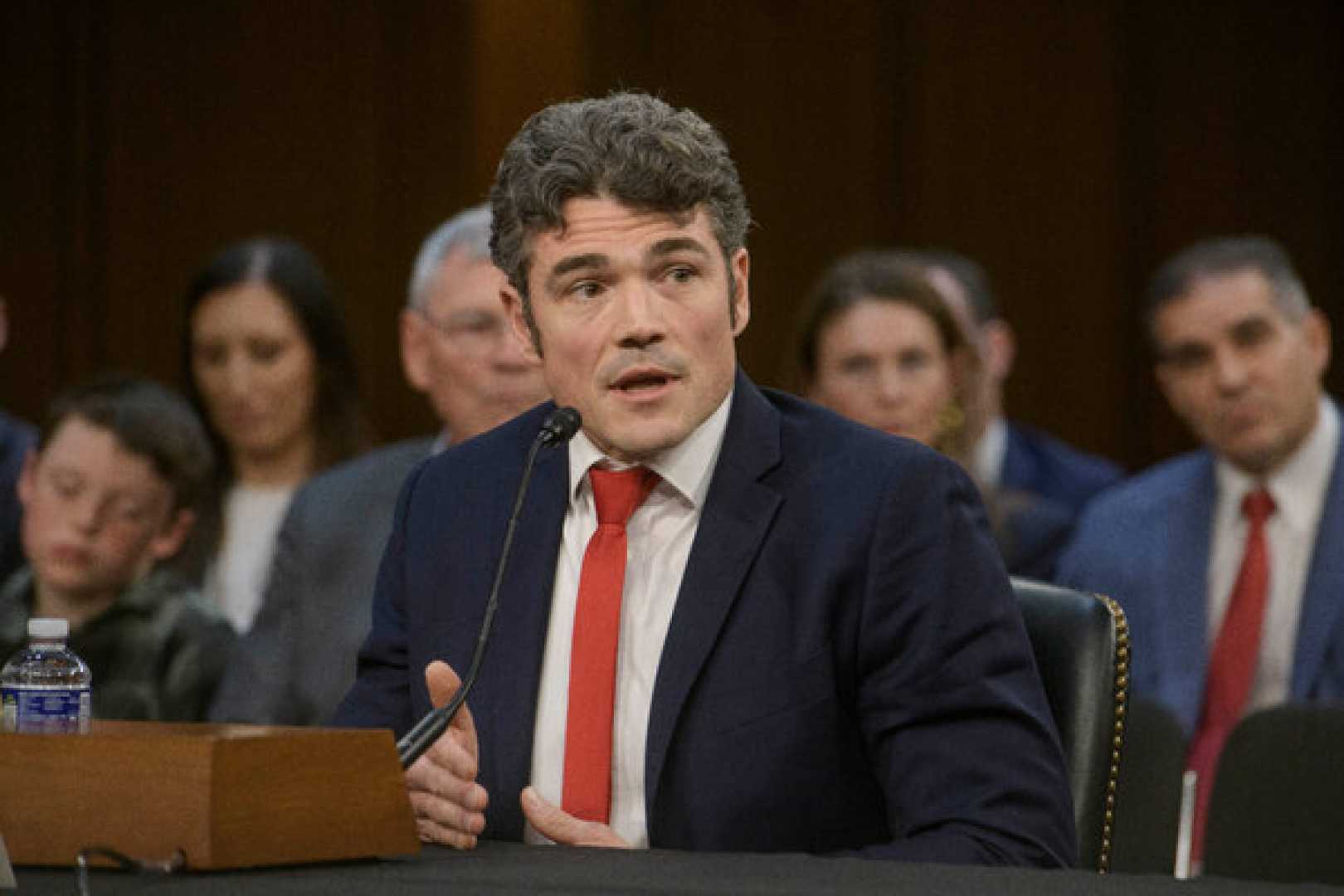Politics
Top Adviser Pressured Officials to Alter Intelligence on Venezuelan Gang

WASHINGTON — Newly leaked emails reveal that a top aide to Tulsi Gabbard, the U.S. director of national intelligence, urged intelligence officials to revise a report on the Venezuelan gang Tren de Aragua. This request occurred as the Trump administration sought to connect the gang to deportations of Venezuelan migrants. Joe Kent, Gabbard’s chief of staff, sent an email on April 3 stating the intelligence document should be rewritten to avoid being ‘used against’ President Donald Trump.
The original assessment, dated February 26, indicated the Venezuelan government was not directing the actions of Tren de Aragua. However, the Trump administration claimed the gang was collaborating with the government of President Nicolás Maduro to justify deportations under the Alien Enemies Act, a wartime measure.
Kent was reportedly dissatisfied with the intelligence conclusions, remarking, ‘Flooding our nation with migrants and especially migrants who are part of a violent criminal gang is the action of a hostile nation.’ He called for a new report reflecting what he described as ‘basic common sense’ regarding the gang’s activities.
These revelations highlight concerns about the politicization of intelligence. After the intelligence community released its assessments, Trump invoked the Alien Enemies Act to fast-track deportations, claiming the gang posed a threat to national security. Critics have noted that this claim contradicts the earlier intelligence findings.
In the emails, Kent emphasized the need for the assessment to reflect a narrative supportive of the administration’s policies. He expressed a belief that the Biden administration’s approach to immigration had contributed to the gang’s presence in the U.S.
Subsequent reports indicate that Collins, the acting head of the National Intelligence Council at that time, faced pressure from Kent to alter his assessment. Collins remained committed to the initial findings, which did not support the administration’s narrative regarding the gang.
Last week, Collins was removed from his position alongside his vice-chair, raising further concerns among intelligence officials about political interference in assessments traditionally free from bias. These ongoing developments present serious questions about the integrity of intelligence operations.












